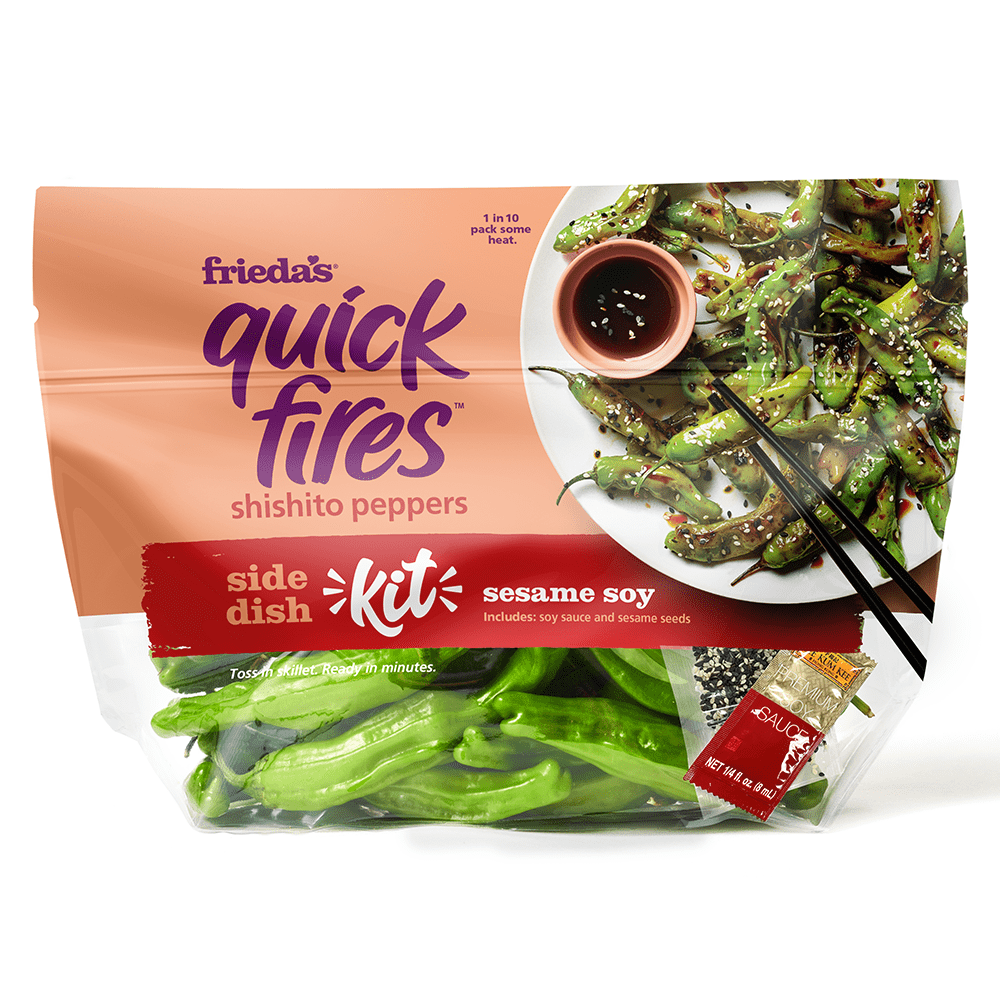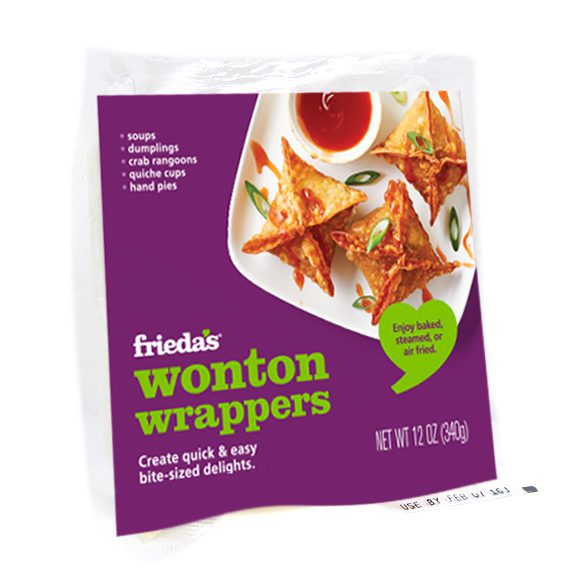There is a new business disease. It’s called “conference burnout.” You may have it. It goes like this:
Every morning when you look through your emails, in between all your necessary and urgent company and client emails, are email invitations highlighting the “latest and greatest” conferences. You can attend conferences put on by INC. Magazine, Fast Company, Fortune, Hubspot, and other experts in New York City, Austin, or Chicago.
You get excited about the subjects you’re interested in, or speakers who you would love to hear and meet in person. But then you look at the dates and you realize that you would have to give up your day job to attend all of the conferences.
Dejected, you delete all of those emails.
Sound familiar?
With that being said, I managed to attend a conference for the first time in May that was put together by the Western Association of Food Chains.
I have seen the name of this industry conference for many years and never understood it. It looked just like another supermarket retail conference in a nice location. (Hello, Palm Springs!) Except this time, my good friend Sue Klug, executive vice president of Unified Grocers, who happens to be the chairwoman of WAFC, personally invited me.
“You really should come,” said Sue. “I know you will like it. It’s different.”
Sue can be very convincing, so I did a little research on the organization and the event. Even though I was not entirely convinced it would be worth it, I ended up attending. After all, I could give up a couple of days to support my friend.
Only retailer supermarket executives can be a member of WAFC—no vendors or suppliers—however, vendors and suppliers can attend the conference. So I did.
During one of the cocktail parties, I spoke with another board member, Oscar Gonzalez, who is the Co-President of Northgate Gonzalez Supermarkets here in Southern California. All these retail competitors were in constant meetings every day with each other and I knew they could not be discussing their competitive strategies. So, what were all the meetings about?
Me and Oscar. (Photo credit: Bob Reeves, The Shelby Report.)Oscar explained it to me beautifully. He told me that back in 1921, the supermarket industry on the West Coast realized there was a shortage of management personnel for their retail stores. Most employees got their start in supermarkets by bagging or checking groceries while in high school. They made good money, and many of them had no incentive to go to college. After being a front-end checker, you could move up to be a supervisor and then eventually a store manager. In most cases, a store manager would be making a six-figure salary. Seriously, there was no incentive for their employees to get a professional education.
So all the retailers got together and created the WAFC with the sole purpose of designing and funding management education programs for company employees!
Education is the primary mission of the WAFC. Since 1958, with the support of scholarship donors, the organization established and has funded the Food Industry Management Program at the University of Southern California Marshall School of Business. Then in 2000, WAFC launched the “Retail Management Certificate Program,” an accredited community college program specifically designed for food industry associates, which is available online nationally and at over 160 college campus and satellite locations in the Western United States.
Having spoken with some of the students who graduated from either USC program or the Retail Management Certificate Program, they all said two things:
“It changed my life forever” and “I would never be in the career position I am in now without this program.”
One of the graduates has now been promoted to the most senior sales/marketing executive in his company’s regional retail chain of more than 100 stores!
Oscar and WAFC scholars. (Photo credit: Bob Reeves.)Not only was it very exciting to hear, honestly, it was very refreshing.
A bunch of competitors identified that they had a common need, and banded together for this noble cause of not only designing and managing a management training program, but also of helping change the lives of their employees.
Now that I understand the purpose of WAFC, I was all in! But as a vendor (and a newcomer), what could I possibly do?
Well, as it turns out, vendors can actually join another organization called the Illuminators. WAFC was started in 1921 and a few years later the vendors formed their own, supportive group. The sole purpose of the Illuminators is to provide volunteers to run the WAFC conferences and events. So I paid my dues and signed up within the first hour of getting there, and joined all the other volunteers right away. I sold raffle tickets, served lunch, and staffed a silent auction, among other duties. It was so much fun!
The grocery industry is often accused of being stuck in the “old business model,” e.g. brick and mortar, but the WAFC found an innovative way to collaboratively tackle an industry-wide hurdle, and at the same time, develop a retention strategy for our companies and industry!
It makes me so proud to be a part of the industry!
Karen















